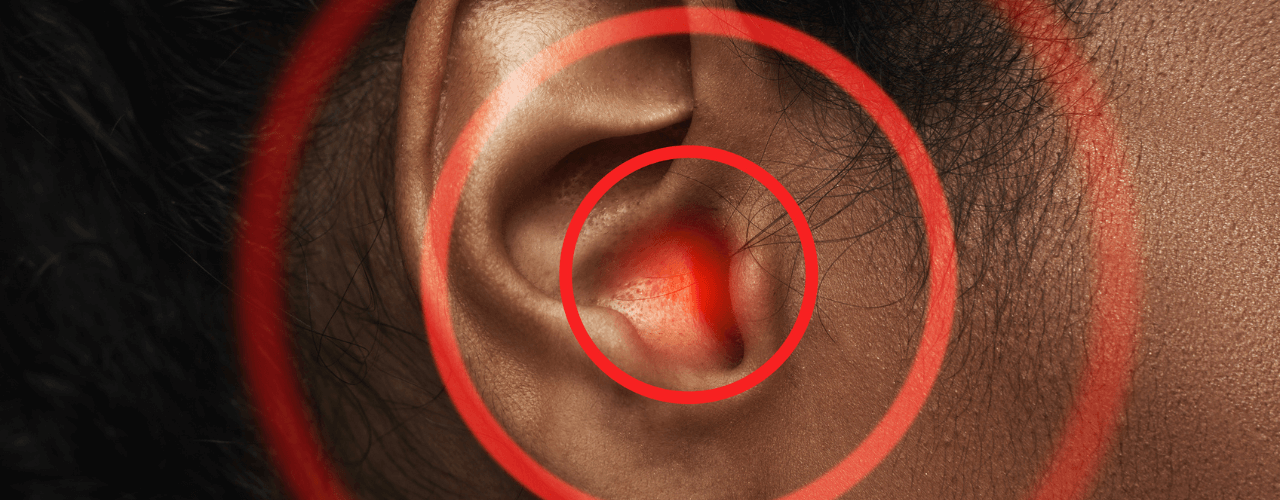Nose Breathing Problems Solved: Surgery for Snoring and Other Nasal Snoring Treatment Options
If your snoring is caused by blocked nasal passages or difficulty breathing through your nose, you’re not alone. At Harley Street ENT, we often see patients whose snoring isn’t just a bedtime annoyance, it’s a sign that their airway is partially obstructed.
The good news is that with the right assessment and treatment, you can significantly improve nasal airflow and reduce or even stop snoring. In this guide, we’ll explore the most effective nasal snoring treatment options, from lifestyle changes to surgical procedures.
Why nasal breathing matters for restful sleep
Breathing through your nose has many benefits. Your nose warms, filters, and humidifies the air before it reaches your lungs. It also helps regulate airflow and keeps your airways stable during sleep.
When nasal breathing is restricted, your body is forced to breathe through your mouth, which can:
- Increase snoring due to a dry throat and vibration of tissues
- Reduce oxygen levels during sleep
- Contribute to sleep disruption and daytime fatigue
For some, nasal blockage is temporary, for example, during a cold. But for others, it’s caused by structural or chronic issues that require targeted treatment.
Common causes of nasal snoring
If you’re struggling with snoring linked to nasal blockage, the underlying cause could be one of the following:
1. Deviated septum
The septum is the wall of cartilage and bone that divides the two nostrils. If it’s bent or off-centre, it can restrict airflow through one or both sides of the nose.
2. Enlarged turbinates
Turbinates are small structures inside the nose that help humidify and filter air. When inflamed or enlarged, they can block airflow and contribute to snoring.
3. Nasal polyps
These soft, non-cancerous growths develop inside the nasal passages or sinuses, often due to chronic inflammation. They can make nasal breathing difficult.
4. Chronic rhinitis
Long-term nasal inflammation caused by allergies, environmental irritants, or infection can narrow the nasal airway.
5. Structural abnormalities
Some people are born with narrower nasal passages, which naturally increases resistance to airflow.
Diagnosing the cause of nasal snoring
Before starting any treatment, it’s important to pinpoint the cause of the obstruction. At Harley Street ENT, diagnosis typically involves:
- Medical history and symptom review — including snoring patterns and any nasal congestion
- Physical examination — checking the inside of the nose with a small camera (nasal endoscopy)
- Allergy testing — if symptoms suggest an allergic trigger
- Imaging scans — in some cases, to examine the nasal and sinus structures in detail
A precise diagnosis ensures your nasal snoring treatment plan is targeted and effective.
Non-surgical nasal snoring treatment options
For some patients, surgery isn’t the first step. Conservative and minimally invasive approaches can significantly improve nasal airflow.
1. Treating allergies
If allergies are contributing to nasal inflammation, treatment may include:
- Antihistamines
- Nasal steroid sprays
- Allergen avoidance strategies
These can help reduce swelling in the nasal passages, making it easier to breathe.
2. Nasal dilators
External nasal strips or internal nasal stents can physically widen the nasal passages during sleep. They can be an effective short-term measure, especially for occasional snoring.
3. Decongestants
Short-term use of nasal sprays or tablets can relieve congestion. However, long-term use of decongestant sprays can lead to rebound congestion, so they should only be used under medical guidance.
4. Saline irrigation
Rinsing the nasal passages with a saline solution helps clear mucus, allergens, and irritants. This can reduce inflammation and improve breathing comfort.
Surgical nasal snoring treatment options
When structural problems are causing persistent nasal blockage, surgery may be the most effective long-term solution.
1. Septoplasty
What it is: A surgical procedure to straighten the nasal septum.
Benefits: Improves airflow through the nose and can significantly reduce snoring caused by septal deviation.
Recovery: Most patients return to normal activities within 1–2 weeks, with full healing over several months.
2. Turbinate reduction
What it is: Reduces the size of enlarged turbinates while preserving their function.
Benefits: Opens the nasal airway without removing too much tissue.
Recovery: Typically quick, with minimal discomfort.
3. Polypectomy
What it is: Removes nasal polyps that are blocking airflow.
Benefits: Often performed with endoscopic techniques for faster recovery and less tissue damage.
4. Endoscopic sinus surgery
What it is: Used to treat chronic sinusitis or complex nasal blockages.
Benefits: Improves sinus drainage and nasal airflow, which can reduce snoring.
Combining nasal treatment with other snoring solutions
It’s worth noting that nasal blockage is just one cause of snoring. In some cases, snoring may also involve the soft palate, tongue position, or throat muscles.
That’s why at Harley Street ENT, we often combine nasal snoring treatment with other approaches, such as:
- Palate surgery for soft palate collapse
- Oral appliances to reposition the jaw and tongue
- Weight management programmes to reduce airway narrowing
A holistic approach ensures we’re addressing all contributing factors, not just nasal obstruction.
Lifestyle changes to support treatment
Whether you choose surgical or non-surgical treatment, certain lifestyle adjustments can help maximise results:
- Avoid alcohol before bed, as it relaxes airway muscles
- Maintain a healthy weight to reduce pressure on the airway
- Sleep on your side rather than your back to keep the airway open
- Keep bedrooms free from allergens to reduce nasal inflammation
The benefits of treating nasal snoring
Addressing the cause of nasal snoring can improve more than just your sleep quality. Many patients report:
- Reduced daytime tiredness
- Better concentration and mood
- Lower risk of sleep-related breathing problems
- Improved relationships due to quieter nights
When to seek help
If your snoring is persistent, loud, or causing daytime fatigue, it’s worth seeking professional advice. Snoring can sometimes be a sign of obstructive sleep apnoea, a condition that requires specialist management. Early treatment not only improves your sleep but can also protect your long-term health.
Take the first step towards better breathing and better sleep
If nasal blockage is affecting your nights, our team of ENT specialists can help. At Harley Street ENT, we offer a full range of nasal snoring treatment options; from non-invasive therapies to advanced surgical solutions, all tailored to your needs. Book a consultation today and start your journey towards quieter, healthier sleep.












